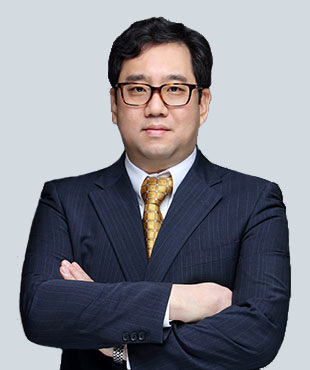Find out more about our latest publications
Survey Papers 13-04 Nov. 04, 2013
- Research Topic Financial Services Industry
- Page 75
The story of Macquarie Group, which through successful overseas expansion grew within a span of ten years from a local champion Australian investment bank to a significant global player is of interest to many Korean securities firms with similar overseas aspirations.
Macquarie Group's origin dates back to 1964 when it began as Hill Samuel Australia (HSA) a subsidiary of the British merchant bank Hill Samuel & Co. In 1984, on the back of Australia's financial market deregulation, HSA earned a commercial banking license, was spun off from its parent and renamed Macquarie Bank Ltd. In the next 10 years, Macquarie Bank quickly became one of the top investment banks in Australia.
In the 1980s Macquarie Banks' leaders sensed early that the pressures of rising competition and Australia's limited financial market necessitated overseas expansion in order to sustain growth. However, due to a lack of distinguished strengths vis-a-vis global competitors, Macquarie Banks initial overseas expansion in the 1980s was met with limited success. This prompted a "culture of desperation" to build within the firm and Macquarie began to look aggressively for new business opportunities in all directions.
In the early 1990s Australia began to privatize its infrastructure industry, as the government budget could not meet the ever growing infrastructure needs of Australia. Also, in 1992, Australia undertook a major reform of the retirement policy, introducing the compulsory "Superannuation Gruarantee". Both regulatory changes lay the ground work for what turned out to be the competitive edge Macquarie was seeking. In 1994 Macquarie was working on a deal for the New South Wales Roads and Traffic Authority on an toll road building project, the M2 Motorway. When the project ran into financing problems, Macquaries' executives decided to invest their own capital and take over the project, creating the first infrastructure fund, the Hills Motorway Group (HMG). The success of HMG, way beyond initial expectation, enabled Macquarie to achieve annual growth in excess of 20% annually in Australia, and more importantly a platform of a second attempt at overseas expansion starting in 1999.
The privatization of the infrastructure industry came first in Australia in the early 1990s, and was later taken on in Europe, Americas, and Asia in the early 2000s. As such, global investment banks did not have an opportunity, as Macquarie did, to develop an infrastructure fund business until later. Macquarie used accumulated experience in the home market as a first mover advantage to successfully expand and carve out a niche in the global infrastructure fund market.
In 2004, the acquisition of the ING's Asian cash equities business gave Macquarie the product and sales platform, along with its infrastructure fund business to become a full service investment bank. The Korean business, which began in earnest in 2000, became one of the major profit centers for Macquarie. And in 2005, Macquaries overseas revenues exceeded for the first time its Australian revenues.
Macquarie's successful overseas expansion is attested by its conversion to a holding company structure in 2007, as its investment banking overseas revenue grew so much it became difficult to meet Australia's prudential regulations if remaining as a commercial bank.
Also, despite the slowdown in growth of listed infrastructure funds, due to a changed financial environment following the 2008 global financial crisis, Macquarie has faired far better than many of the global investment bank competitors.
Macquarie's transformation is an ongoing one as it has began to expand its Americas' business along energy trading platform and traditional asset management. The overseas expansion strategy of Macquerie is one different from those such as UBS and others who have relied on M&A as the main expansion vehicle. As such Macquarie's strategy as well as the motivation behind those decisions offers meaningful insights for Korea's securities firms as they contemplate their own foreign expansion plans.
